Therapy dogs play an invaluable role in various therapeutic settings, offering comfort, joy, and emotional support to individuals in hospitals, schools, nursing homes, and more. The presence of a therapy dog can significantly alleviate stress, reduce feelings of loneliness, and even improve physical health outcomes among patients and students. While many dog breeds can be trained for therapy work, certain breeds naturally excel due to their temperament, trainability, and empathetic nature. This article highlights ten dog breeds known for their exceptional abilities in therapeutic settings, detailing why each breed is particularly suited to this important work.
1. Labrador Retriever
Labrador Retrievers are one of the most popular breeds for therapy work due to their friendly nature, stable temperament, and strong desire to please. Labs are known for their ability to connect with people of all ages, making them perfect for environments like hospitals and schools. Their gentle demeanor and patience allow them to interact calmly with individuals in various states of distress, providing comfort and a reassuring presence. Additionally, Labrador Retrievers are highly trainable, which is crucial for navigating the unique challenges of therapeutic settings.

2. Golden Retriever
Golden Retrievers are similar to Labrador Retrievers in their suitability for therapy work. Known for their gentle and affectionate nature, Goldens have an innate ability to provide comfort and emotional support to those in need. They are particularly effective in therapeutic settings due to their calm disposition and intuitive sensitivity to human emotions. Goldens are also highly adaptable, and able to work in noisy, chaotic environments such as schools or quieter settings like hospice care, making them versatile therapy dogs.

3. Cavalier King Charles Spaniel
The Cavalier King Charles Spaniel’s small size and affectionate personality make it an ideal breed for therapeutic environments, particularly in settings where a smaller dog is preferable. Cavaliers are known for their ability to bond quickly with individuals, providing immediate comfort and companionship. Their gentle approach and loving nature make them particularly effective for therapy work with children and the elderly. Despite their regal appearance, they are friendly and approachable, which helps in establishing instant connections with those they meet.

4. Poodle
Poodles, available in standard, miniature, and toy sizes, are highly intelligent and trainable, which makes them excellent therapy dogs. Their hypoallergenic coats are an added benefit in environments where allergies may be a concern, such as hospitals or schools. Poodles are attentive and sensitive to their handler’s instructions, as well as the emotional state of the people they are helping. They are known for their dignified yet friendly demeanor, which endears them to patients and students alike.
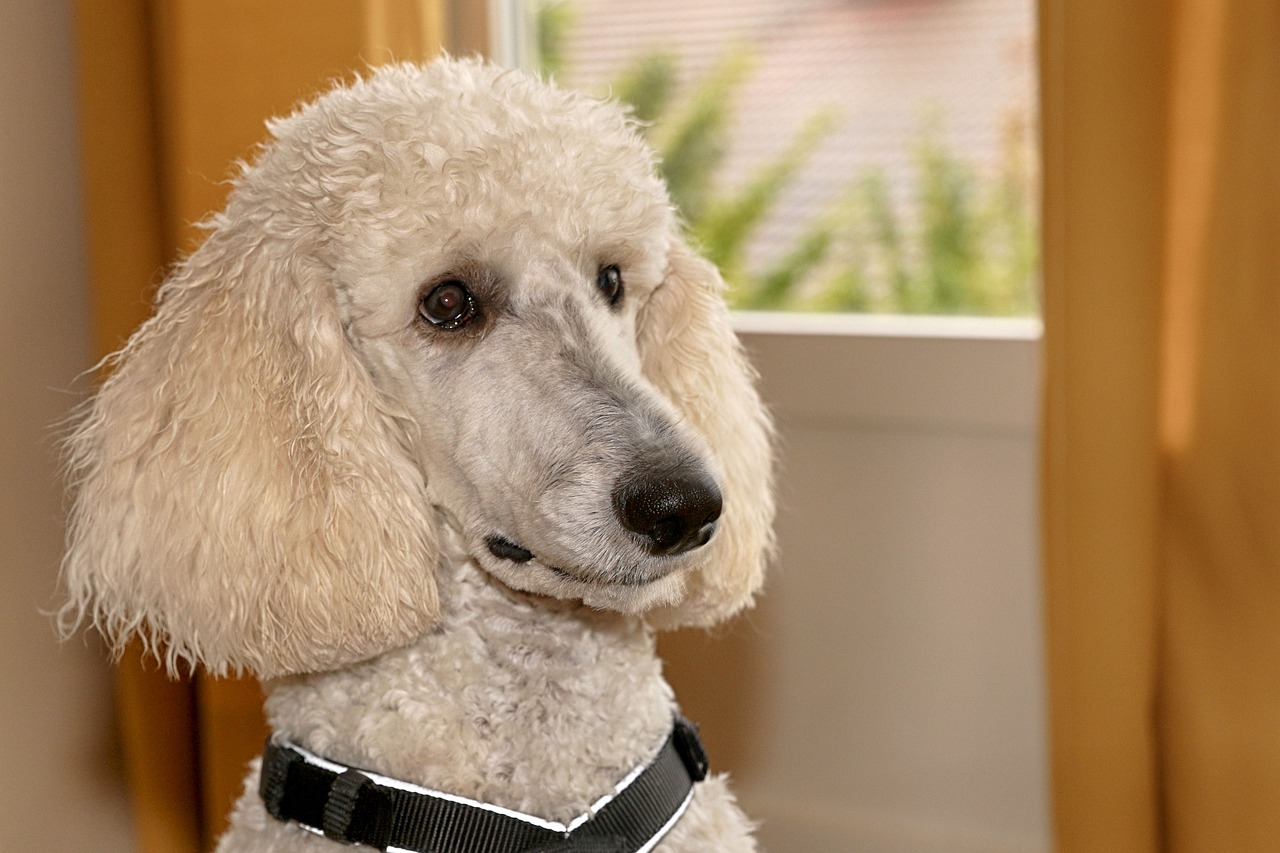
5. Beagle
Beagles are known for their friendly and curious nature, making them well-suited for therapeutic roles where engagement and interaction are key. Their small size and approachable demeanor make them less intimidating, especially to children. Beagles are excellent at providing affection and comfort, with a knack for making people smile. They are particularly effective in educational settings, helping to relieve stress among students during exams or therapy sessions.

6. Boxer
Boxers are enthusiastic and energetic, with a natural affinity for people that makes them excellent therapy dogs, especially in active environments. They are known for their playful nature, which can bring a lot of joy and laughter to therapeutic settings, making them particularly effective in pediatric hospitals or schools. Despite their high energy, Boxers are very gentle with children and can adjust their behavior to be more subdued when needed.

7. Irish Wolfhound
Despite their large size, Irish Wolfhounds are incredibly gentle and patient, traits that make them excellent for therapeutic visits. Their calm and friendly nature helps soothe those who might feel anxious or stressed. Because of their height, they are easily accessible for petting even by those who are bedridden, which makes them particularly good for hospital settings. Irish Wolfhounds are also known for their intuitive nature, often sensing who needs their support the most.
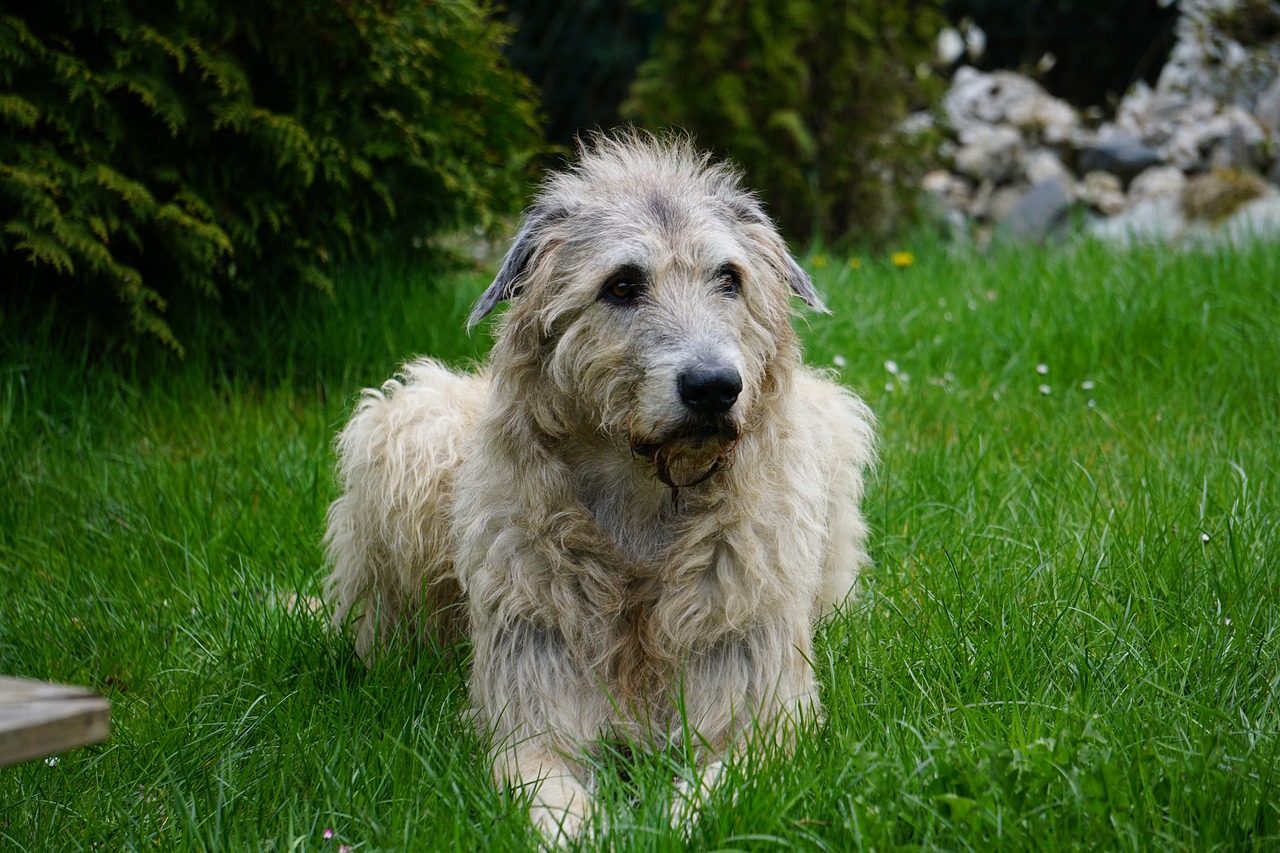
8. Shih Tzu
Shih Tzus are another small breed that excels in therapeutic settings due to their affectionate and friendly nature. They are particularly effective in environments that require a calm and gentle dog who can handle being held or petted for extended periods. Shih Tzus enjoy being close to their handlers and are comfortable sitting with patients during therapy sessions, making them ideal for individual interactions in hospitals or nursing homes.

9. German Shepherd
While German Shepherds are best known for their roles in law enforcement and protection, they are also excellent therapy dogs, particularly for individuals dealing with emotional trauma. They are intelligent, sensitive, and capable of complex training that allows them to work well in therapeutic settings. Their confidence and calmness can provide a sense of security to those they interact with, making them especially valuable in programs for veterans or individuals with PTSD.

10. Cocker Spaniel
Cocker Spaniels are known for their sweet and gentle disposition, which makes them excellent therapy dogs. They are small enough to be approachable but also energetic enough to engage with people actively. Cockers are particularly good with children and the elderly, often able to adapt their behavior to the needs of the person they are interacting with. Their cheerful and affectionate nature can lighten the atmosphere, bringing comfort and joy to various therapeutic settings.

These ten breeds demonstrate the diverse range of dogs that excel in therapeutic roles, each bringing unique traits that make them suited to this important work. Whether providing comfort in hospitals, aiding in educational settings, or supporting emotional healing, these dogs prove that their presence can have a profound impact on human health and well-being. The success of therapy dogs lies not just in their breed characteristics but in their personalities and the training they receive, underscoring the importance of selecting and preparing the right dog for therapeutic work.

 2 weeks ago
15
2 weeks ago
15



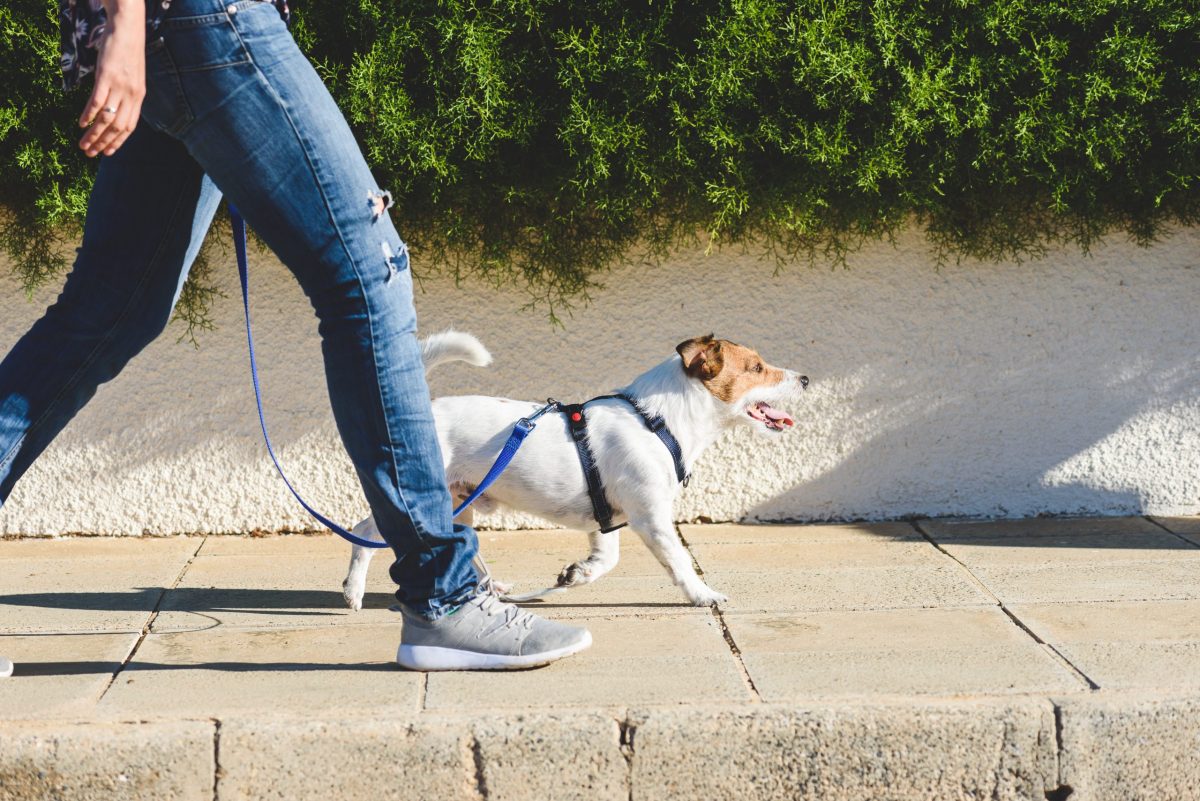


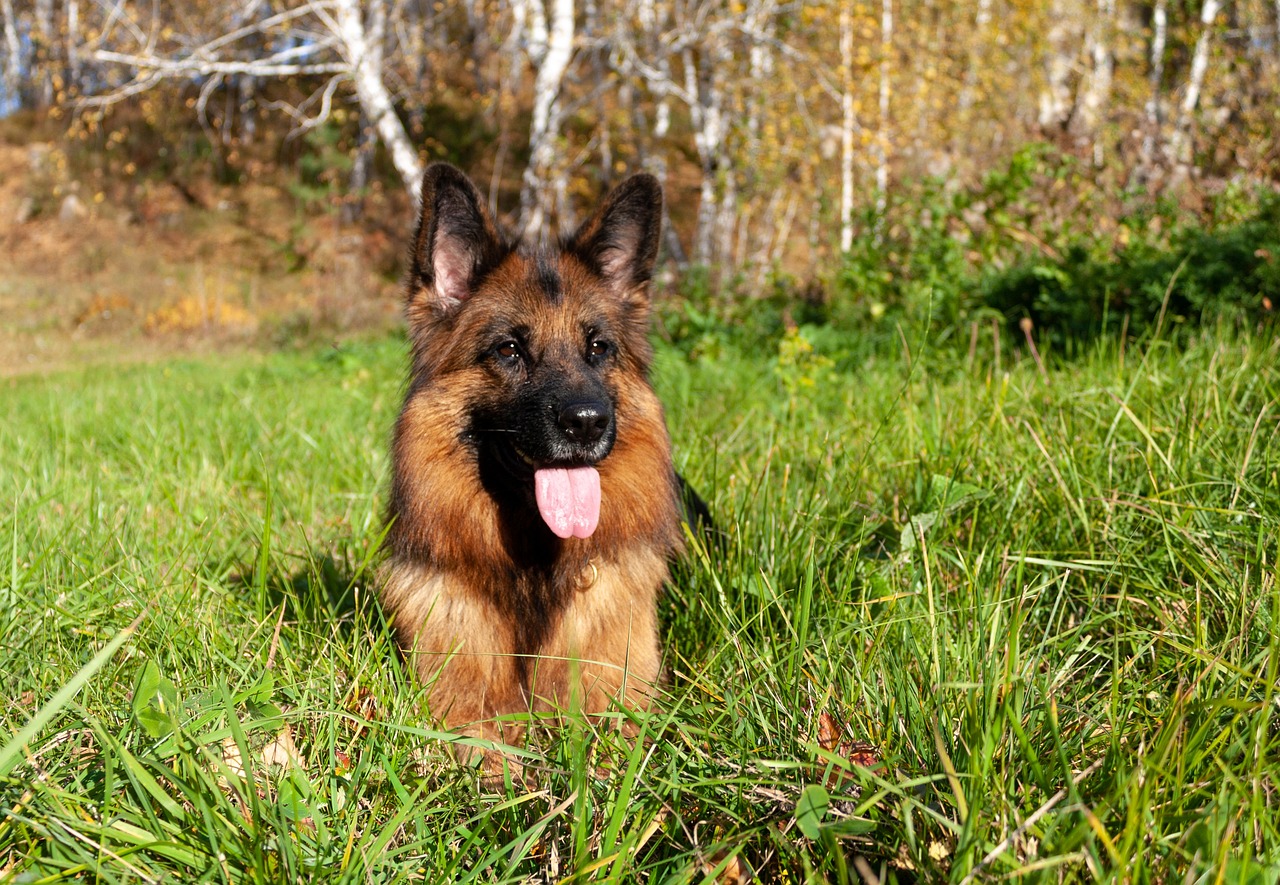








![Cost of a Borzoi Puppy by US Region [2024]](https://iheartdogs.com/wp-content/uploads/2024/04/borzoi-4950553_1280.jpg)
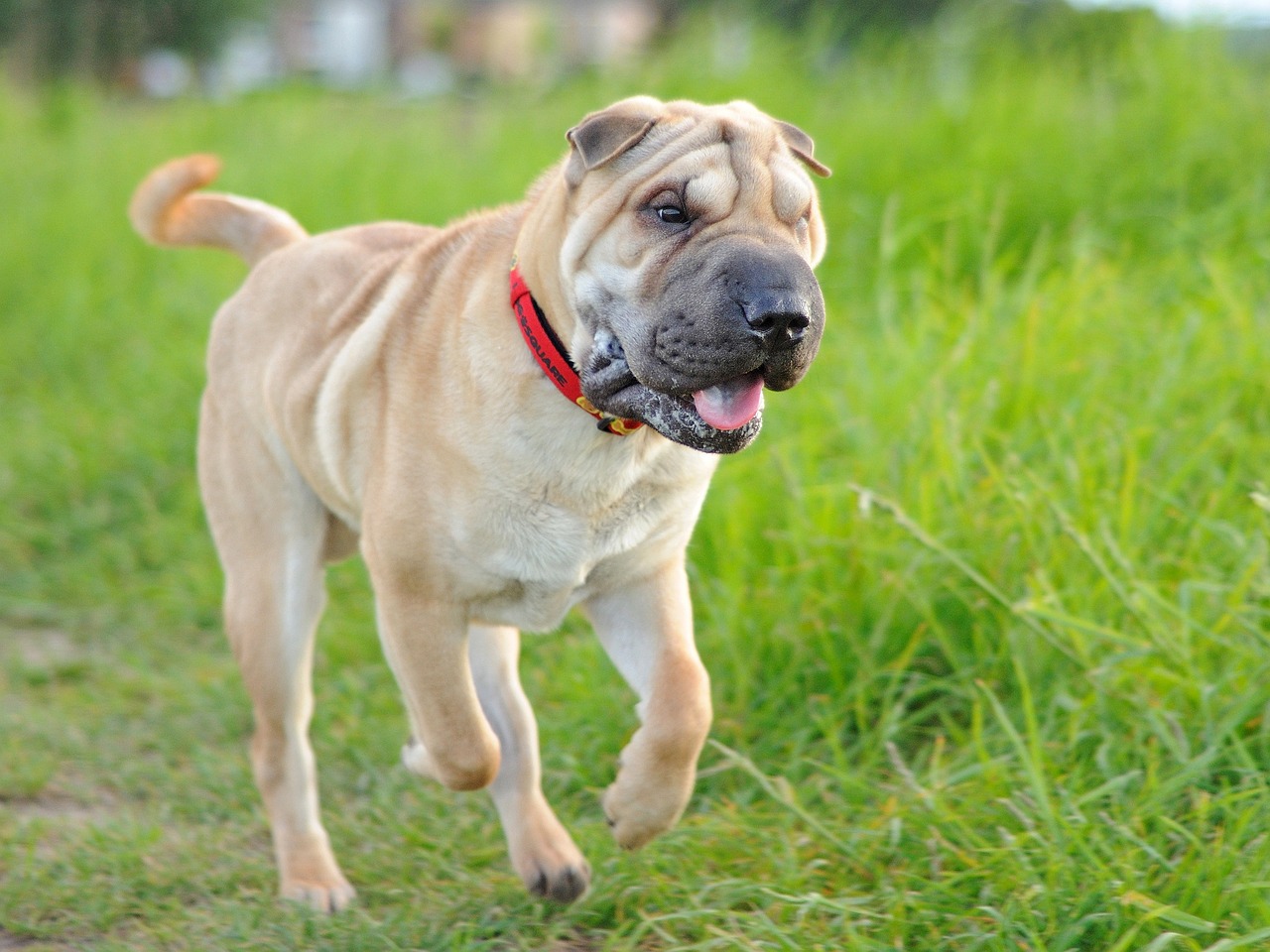
 English (US) ·
English (US) ·